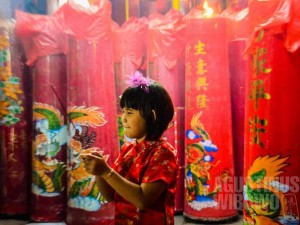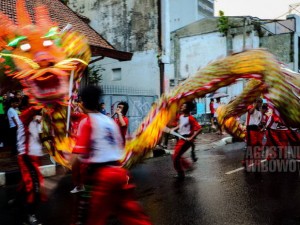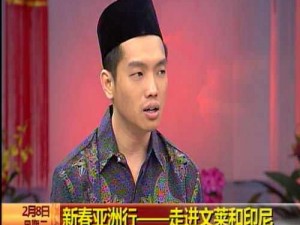The Color is Red (Chinese New Year in Jakarta, 2014)
The Chinese Indonesians welcomes the arrival of Chinese New Year 2014. During the Suharto regime, the celebration of Chinese New Year in public was forbidden. But today, about a dozen years since the government allowed the Chinese community to celebrate their festivals and traditions openly, red is in full swing, red has become the dominating color in temples and shopping malls, on clothes and decorations, on the altar of Buddhist gods and on the lanterns and on the dragon masks. In Indonesia, the Chinese New Year is associated with religion. Indonesia is the only country in the world recognizing Confucianism as one of its state religions, and the Chinese New Year is regarded as religious holiday of Confucianism (as religious holidays are national holidays, thus it becomes nationwide holiday). While in China they say, “Happy Lunar New Year 2014”, in Indonesia they say, “Happy Lunar New Year 2565”, with 2565 is counted from the birthday of Confucius, the prophet of Confucianism. The Chinese believe that rain during the Chinese New Year will brings good fortune. In their ancestral land, Chinese New Year signifies the arrival of spring, and as they say, “Rain in spring is as worthy as oil”, the [...]



